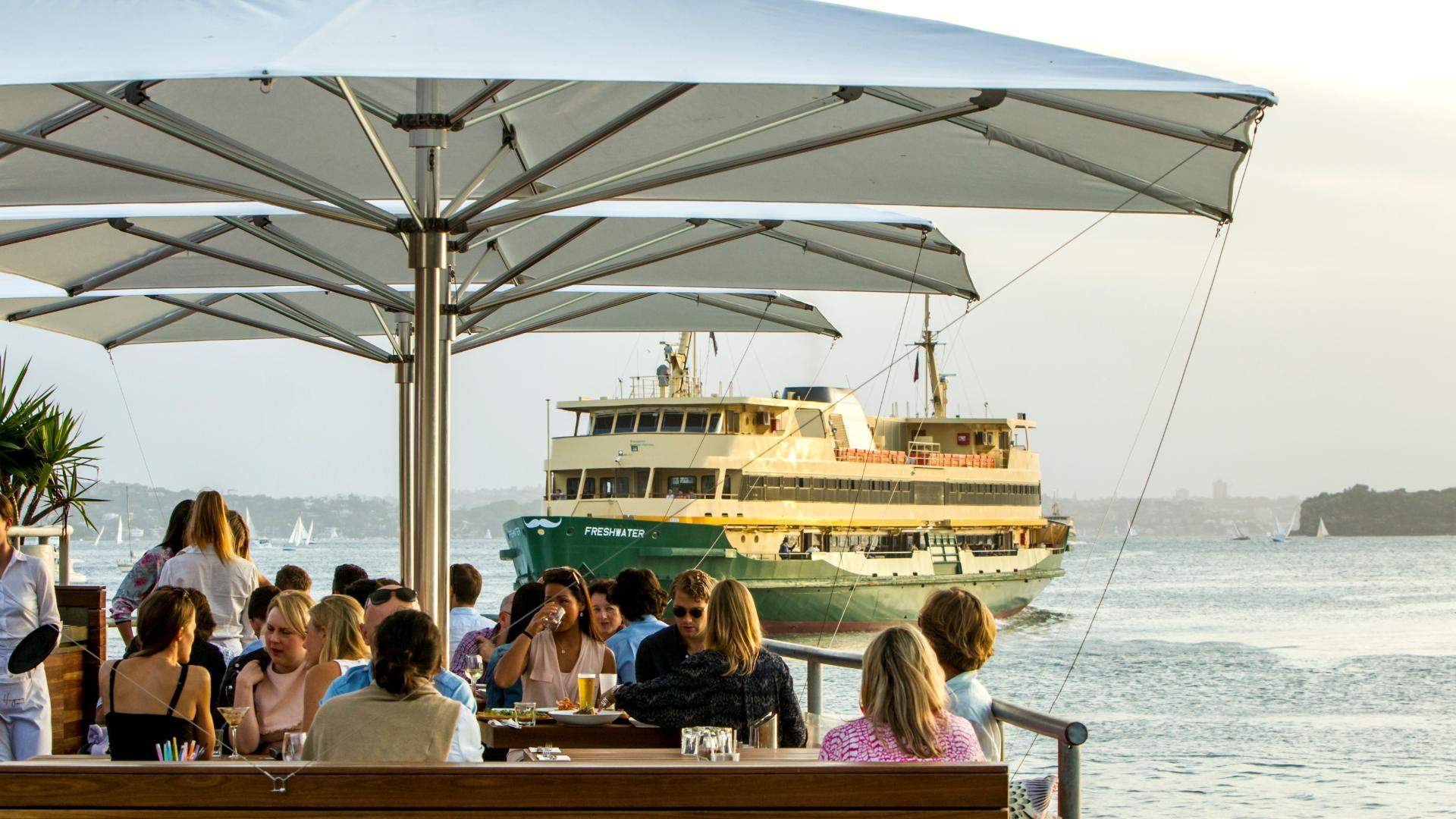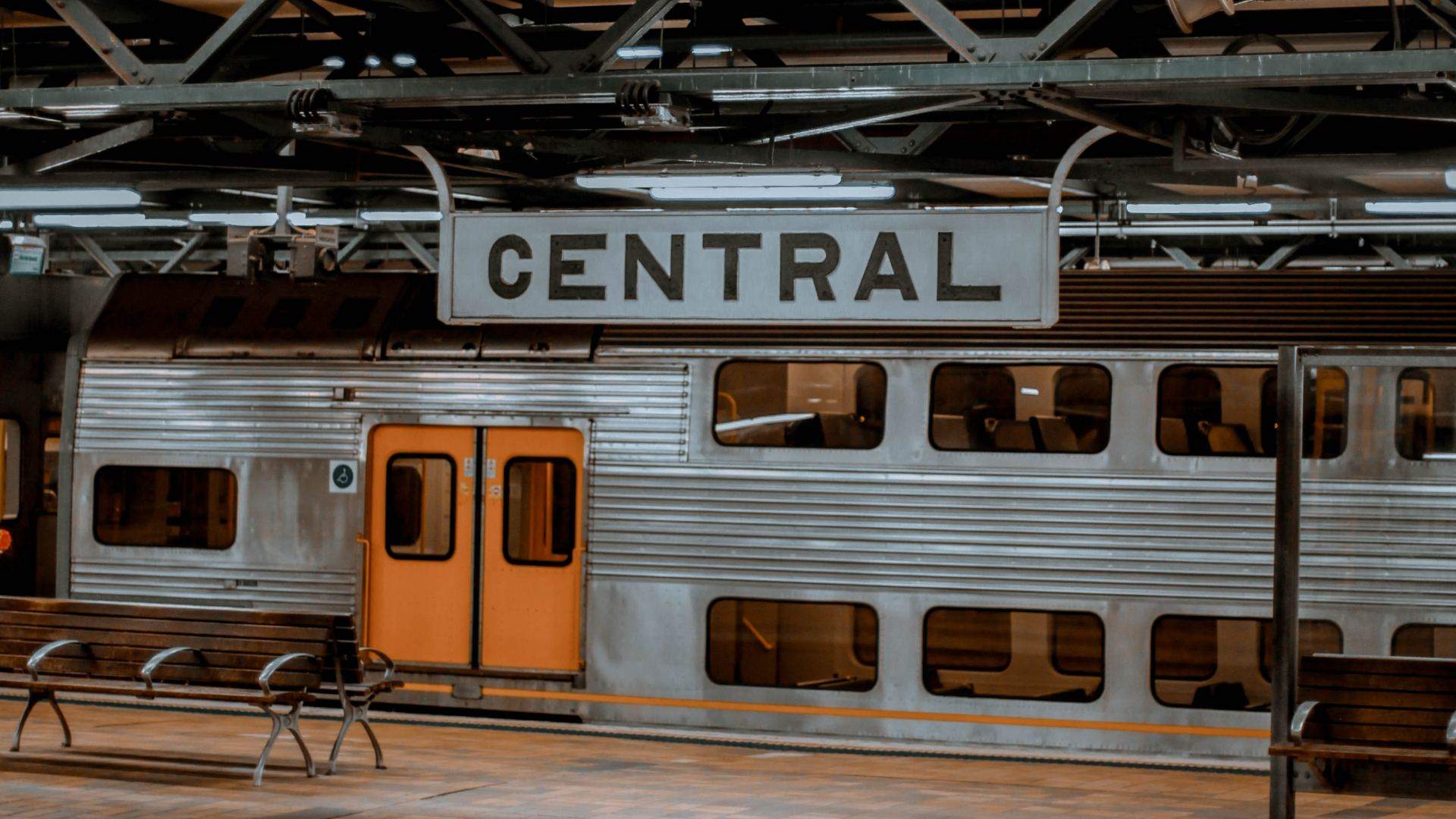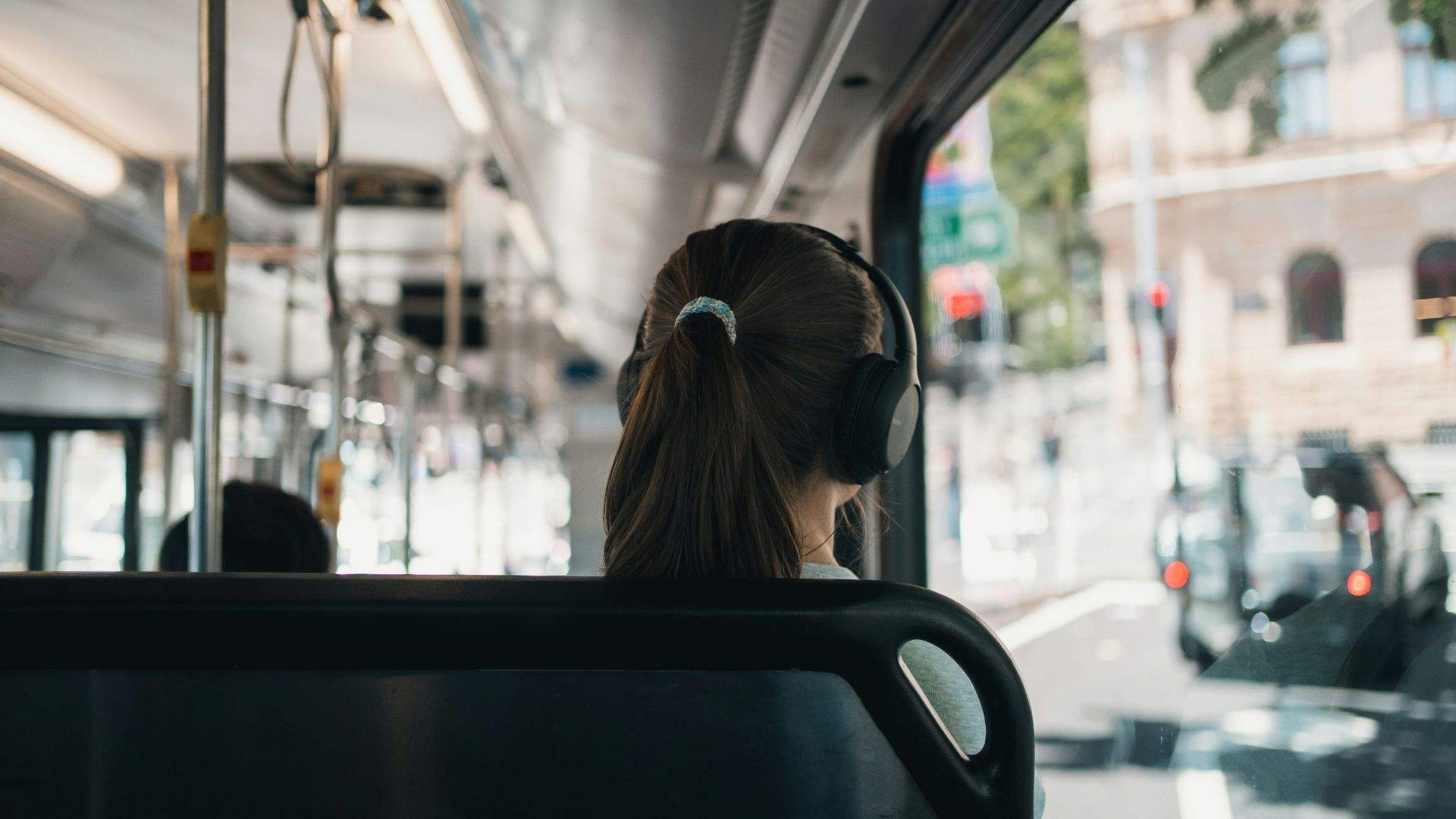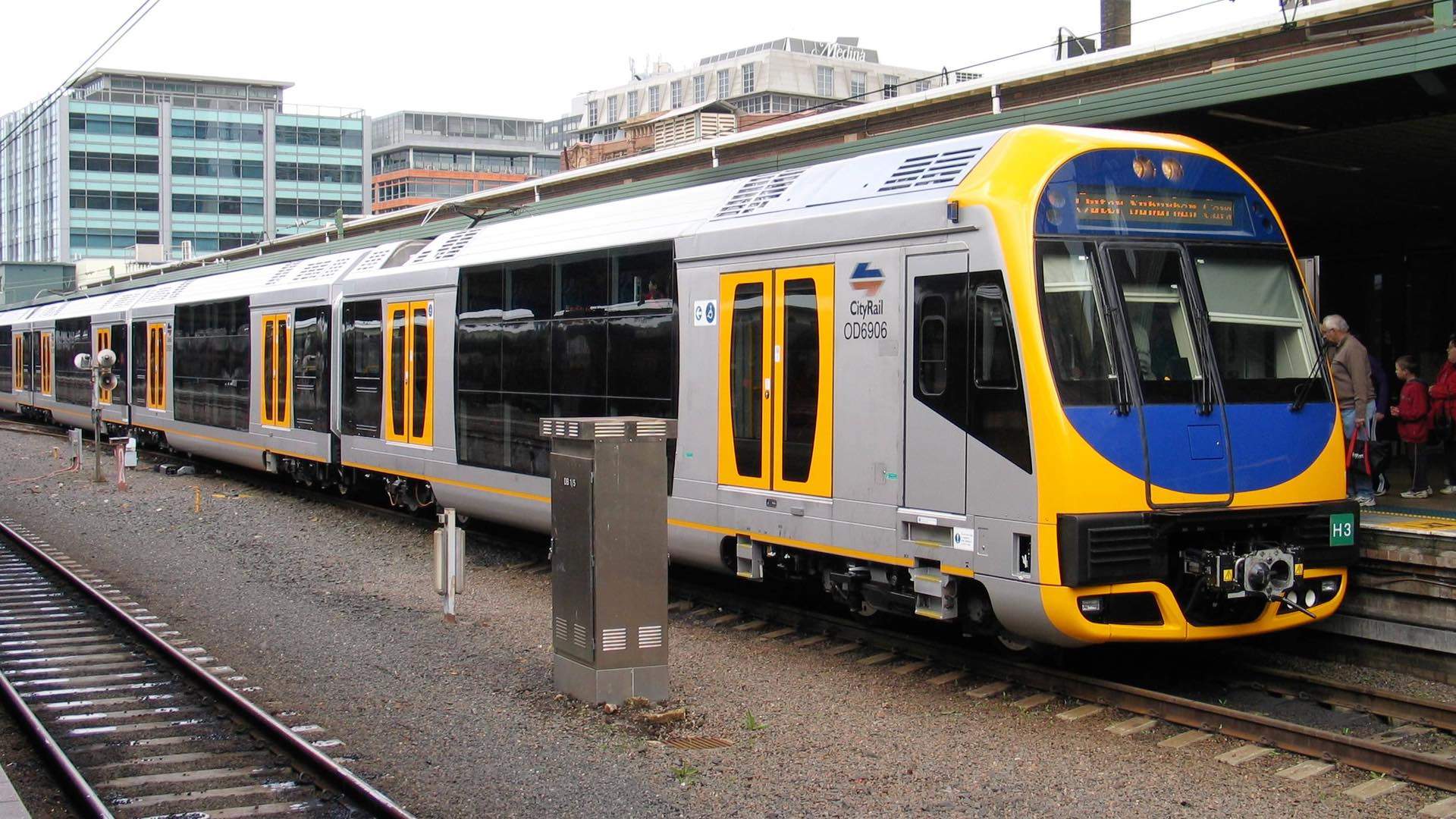Public Transport Fares Across New South Wales Are Increasing From July 1, 2024
While the average price of a rail, bus and ferry journey is set to rise, the weekly fare cap, reduced rates on Fridays and transfer discounts will remain unchanged.
The rising cost of living is already a struggle for many Sydneysiders. Still, from July 1, public transport users are set to cop another financial hit following the announcement on Wednesday, June 26, that fares across the city's PT network will increase from Monday, July 1. Opal prices will, on average, increase by 3.6 percent, which is in line with the annual Consumer Price Index, according to the Independent Pricing and Regulatory Tribunal which sets the new rates. However, the weekly travel cap price of $50 for adults and $25 for children and youth concession card holders will remain the same, meaning regular commuters will be less affected by the fare hike.
Travelling by train or on the Sydney metro network will increase by a maximum of 49 cents, while ferry journeys will go up by a maximum of 43 cents, and bus and rail journeys by a maximum of 27 cents. Comparable increases will also affect child and youth concession card holders, with train and metro fares increasing by a maximum of 24 cents, ferry journeys by 22 cents, and bus and light rail journeys by 14 cents at most.

Travellers using public transport to reach Sydney Airport will also pay more. The Station Access Fee, which the Airport Link Company sets, will rise to $17.34 for adults and $15.50 for children disembarking at either the Domestic or International terminals.
While the news of any essential service increasing in price is cause for concern, the added burden on public transport users should be relatively negligible. According to Transport for New South Wales, most commuters using Opal discounts and caps will be hit by a weekly increase of less than $1, with regular public transport users benefiting from unchanged weekly travel caps, reduced fares on Fridays and transfer discounts. Fares for short journeys on buses and trains, up to three kilometres, will also remain unchanged.

"Public and active transport remain some of the most affordable ways to get around," said Transport for NSW Secretary Josh Murray. "These increases will ensure Transport for NSW can continue to invest in delivering reliable services for passengers."
However, as small as the public transport price increases are, there are already worrying signs across Sydney that consumers are buckling under financial pressures. An unusually high number of hospitality venues have closed in the Harbour City in recent months. At the same time, Darlinghurst Theatre Company has been forced to announce voluntary administration and the iconic Luna Park has been put up for sale, revealing similar financial challenges impacting the entertainment sector.

Image: Matthew Michael Aogki
Opal fare increases go into effect across NSW from Monday, July 1. Visit the Transport for NSW website for more details.





